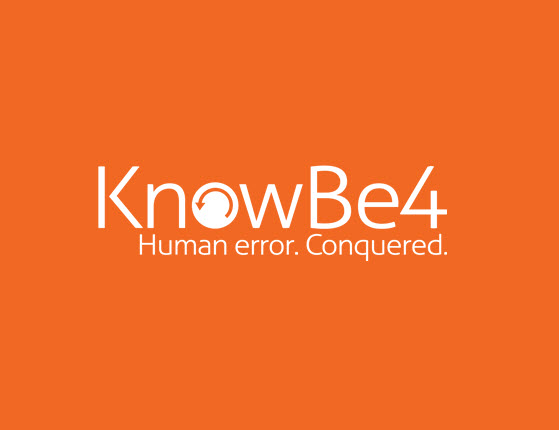James McQuiggan | Source | Security Awareness Advocate at KnowBe4

James McQuiggan
James is a Security Awareness Advocate at KnowBe4,the provider of the world’s largest security awareness training and simulated phishing platform that helps you manage the ongoing problem of social engineering. James is responsible for amplifying messaging related to the importance of, effectiveness of, and the need for security awareness and training within organizations through social media, webinars, in-person presentations, industry trade shows, and traditional media outlets.
-

KnowBe4
Security Awareness Advocate
-
Attacker infiltrates Fast Company's systems
Fast Company suffered an internal breach that led to the defacement of the company’s main news site.
Article
-
Protecting Kids from Phishing Texts: Expert Tips from KnowBe4
James highlights that phishing scams exploit emotions like fear and peer connections. He advises parents to educate kids on identifying scams and maintaining online privacy. If kids fall victim, act swiftly by changing passwords and enabling multi-factor authentication. "Teach kids to report suspicious messages," James says, emphasizing open communication and prioritizing learning over blame. -
Protecting Wealth: Top Scams Targeting High-Income Earners
James warns that "Whaling" scams target wealthy individuals using OSINT and social engineering. To protect themselves, high earners should use dedicated devices for financial activities, separate personal and financial emails, and secure personal domains with SPF, DKIM, and DMARC. Regular cybersecurity reviews are essential, as digital behavior often lags behind wealth profiles. -
'Zero Day' Cyber-Thriller: Fact vs. Fiction
James highlights 'Zero Day's' portrayal of cyberattacks on infrastructure as a real threat, though some scenarios are exaggerated. Chris notes the potential for AI-driven attacks but emphasizes the U.S. is unprepared for such large-scale threats. Both agree the show raises awareness, despite its dramatized elements.
-
While cybercriminals always go for the money, from time to time, they like to demonstrate their boldness by showing they have access to sensitive or publicly viewable systems by posting something outside of the normal scope of information shared. These actions attempt to damage the victim’s brand and embarrass them publicly because they were attacked and compromised. Whether an organization has sensitive systems containing intellectual property, customer records, or a public-facing system like social media accounts, or API connections to third-party systems, it must be secured with strong, unique passwords and keys. Wherever possible, utilize a non-phishable MFA to ensure those connections are effectively secured.

